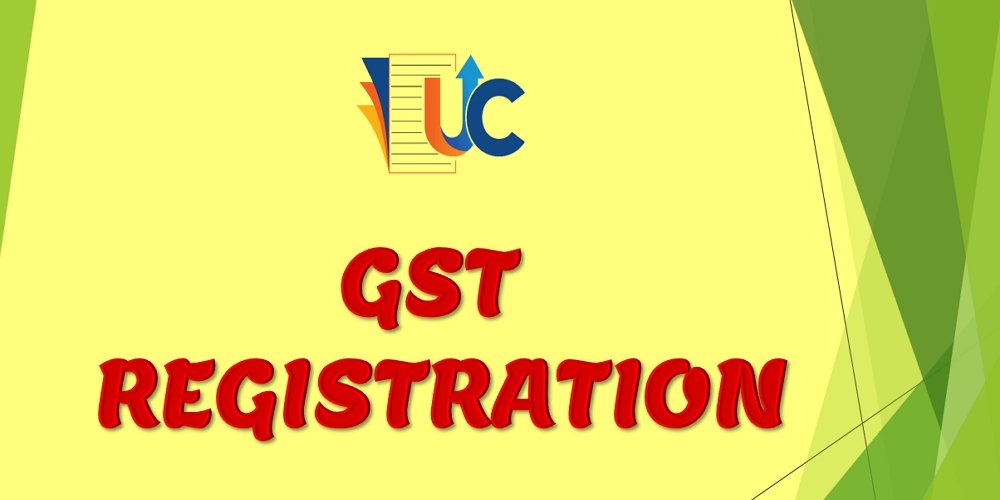
Introduction
Launched on July 1, 2017, the Goods & Services Tax (GST) applies to all Indian service providers (including freelancers), traders and manufacturers. A variety of Central taxes like Service Tax, Excise Duty, CST and state taxes like Entertainment Tax, Luxury Tax, Octroi, VAT are absorbed in one tax – GST, implemented on 01.07.2017. GST is to be charged at every step of the supply chain, with full set-off benefits available. The procedure for GST is entirely online and requires no manual intervention. Any business offering sale of goods with annual turnover of 40 lacs or service with annual turnover of 20 lacs would require the registration for GST and have a valid GST Number.
Documents required for GST Registration
Private Limited Company
• Certificate of Incorporation
• PAN Card of Company
• Articles of Association, AOA
• Memorandum of Association, MOA
• Resolution signed by board members
• Identity and address proof of directors
• Digital Signature
• Director's Proof
LLP
• PAN Card of LLP
• LLP Agreement
• Partners’ names and address proof
• Director's Proof
• Individual/Sole Proprietorship
• PAN Card
• Address of proprietor
Cost – 2499 for proprietorship or partnership firm
2999 for private limited company
FAQs
1. What are the components of GST?
GST will have 3 tax components, which includes a central component (Central Goods and Services Tax or CGST) and a state component (State Goods and Services Tax or SGST) where centre and state will levy GST on all entities, i.e., when a transaction happens within a state. Inter-state transactions will attract the Integrated Goods and Services Tax (IGST), to be levied by the centre, i.e., when a transaction happens one state to another.
2. What is the input tax credit?
Input tax credit lets you reduce your tax you have already paid on inputs and pay the remaining amount at the time of paying tax.
You pay taxes on the purchase when a product is purchased from a registered seller, and when you sell the product, you too collect the tax. With input credit, you can adjust the taxes paid at the time of purchase with the amount of tax on sales (output tax) and pay the balance liability of tax, i.e. tax on sale minus tax on the purchase.
3. Who needs a GST Registration?
Every business or corporation that are involved in the buying and selling and good of services have to register for GST. It is mandatory for companies whose turnover is more than Rs.20 lakhs (for supply of services) and Rs. 40 lakhs ( for supply of goods) yearly to register for a GST.
All businesses making interstate outward supplies of goods have to register for a GST too. The same applies to businesses making taxable supplies on behalf of other taxable persons, example Agents and Brokers.
Also, as per the recent notification, e-commerce sellers/aggregators need not register if total sales are less than Rs.20 lakhs.
What are the types of GST registration?
There are four GST types namely
• Integrated Goods and Services Tax (IGST)
• State Goods and Services Tax (SGST)
• Central Goods and Services Tax (CGST), and
• Union Territory Goods and Services Tax (UTGST)
The taxation rate under each of them is different.